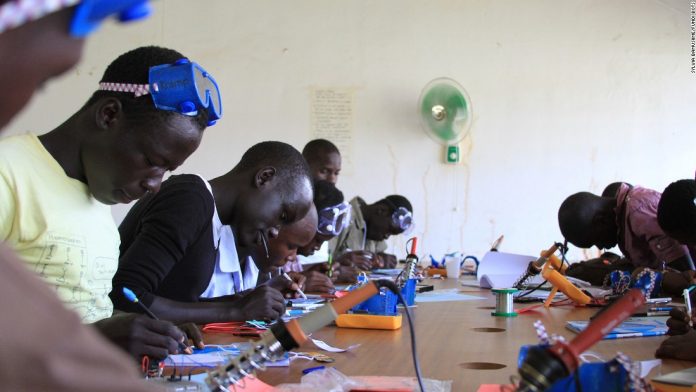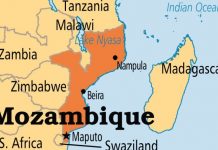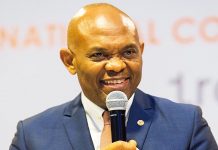By Innocent Onoh
If you can imagine a world where normal activities such as buying and selling, harvesting crops in farms, teaching, among others, are handled not by human beings but by electronically controlled objects, then you will realize that the world is tending towards artificial intelligence. This definitely demands that people should acquire the relevant skills in order to remain competitive.
Against that background, what is believed to be the first Robotics Training session in Sub-Saharan Africa has started in Lagos, Nigeria’s commercial hub.
Powered by the US Diplomatic Mission to Nigeria, in collaboration with a US-based Robotics education academy, the week-long workshop involves 460 participants drawn from primary and secondary schools as well as university students, teachers, robotics enthusiasts, and scientists.
“In a world that is becoming increasingly technology-driven, it is more important than ever before for our youths to be equipped with the knowledge and skills to become innovators, educators, researchers, and leaders who can solve the most pressing challenges facing our world, both today and tomorrow. We are honored to support this initiative that promotes science, technology, engineering, and mathematics — subjects collectively known as STEM— in Nigeria,” said the US Consul-General, John Bray, at the opening of the program.
Mr. Bray shed more light on the robotics training which is ending this weekend with a competition involving 9 states at the Olusegun Obasanjo Presidential Library Complex, Abeokuta, Ogun State.
“The workshop seeks to boost technology education in Nigeria by engaging the participating students in hands-on robotics activities to stimulate their interest in maths and sciences as well as careers in the STEM fields. One hundred robots will be donated free-of-charge to participating schools in Lagos and Ogun states, many of them with little or no experience in robotics. This is expected to provide the students and their teachers with an opportunity to put their skills to use after the completion of the training.
The US Consul-General continued, “The US Mission is supporting the capacity building workshop in the hope that participants will be inspired to work collaboratively with the aid of technology to create innovative solutions to shared global challenges”.
According to the program partner and Director, Robo Rave Nigeria, Mr. Kingsley Imade, the sessions focusing on robotics designs and programming will provide a platform for teachers to learn how to implement the STEM approach in the educational process via practical scientific activities, throughout the training days. “Any education to develop robotics skills places students on track to develop such STEM enabling competencies like critical and computational thinking, collaboration and creativity that has lifelong advantages,” Mr. Imade said.

















